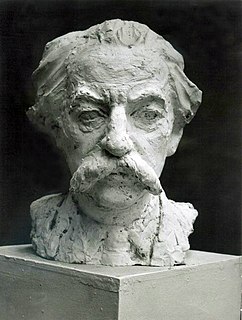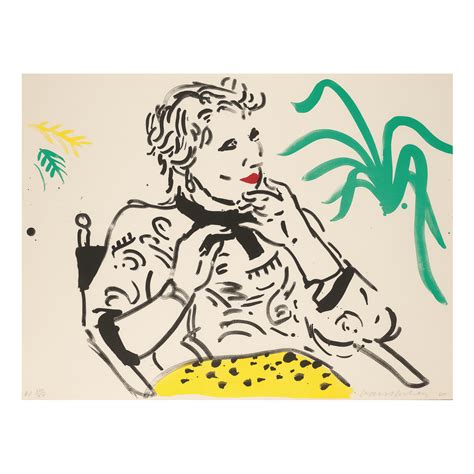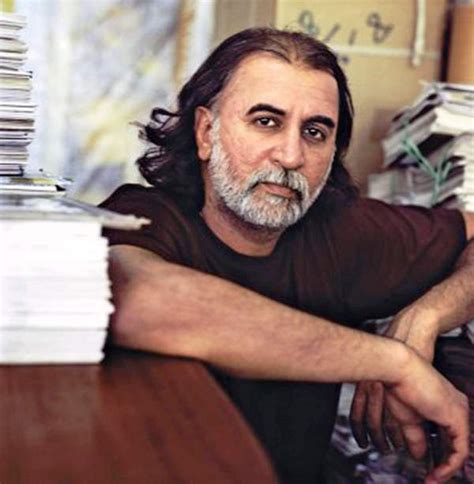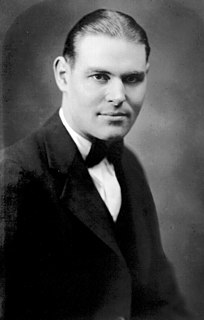A Quote by John Ralston Saul
Simplicity is no longer presented as a virtue. The value of complex and difficult language has been preached with such insistence that the public has begun to believe the lack of clarity must be a sign of artistic talent.
Related Quotes
As we live and as we are, Simplicity - with a capital "S" - is difficult to comprehend nowadays. We are no longer truly simple. We no longer live in simple terms or places. Life is a more complex struggle now. It is now valiant to be simple: a courageous thing to even want to be simple. It is a spiritual thing to comprehend what simplicity means.
In the study of ideas, it is necessary to remember that insistence on hard-headed clarity issues from sentimental feeling, as it were a mist, cloaking the perplexities of fact. Insistence on clarity at all costs is based on sheer superstition as to the mode in which human intelligence functions. Our reasonings grasp at straws for premises and float on gossamers for deductions.
Public virtue cannot exist in a nation without private, and public virtue is the only foundation of republics. There must be a positive passion for the public good, the public interest, honour, power and glory, established in the minds of the people, or there can be no republican government, nor any real liberty: and this public passion must be superiour to all private passions.
Twelve Priceless Qualities of Success: 1. The value of time. 2. The success of perseverance. 3. The pleasure of working. 4. The dignity of simplicity. 5. The worth of character. 6. The power of kindness. 7. The influence of example. 8. The obligation of duty. 9. The wisdom of economy. 10. The virtue of patience. 11. The improvement of talent. 12. The joy of originating.
We have a language that is full of ambiguities; we have a way of expressing ourselves that is often complex and elusive, poetic and modulated; all our thoughts can be rendered with absolute clarity if we bother to put the right dots and squiggles between the words in the right places. Proper punctuation is both the sign and the cause of clear thinking. If it goes, the degree of intellectual impoverishment we face is unimaginable.


































